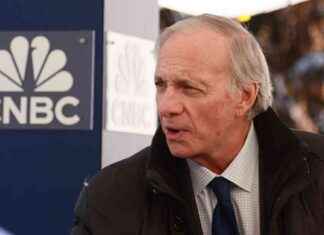Former U.S. President Donald Trump has announced that Robert F. Kennedy Jr., a well-known vaccine skeptic and conspiracy theorist, will play a significant role in health care if Trump is elected for a second term. Kennedy, who has been critical of vaccines and the regulatory agencies overseeing them, could potentially have a major impact on public health if given a platform in the administration.
Many health experts are concerned about the implications of elevating Kennedy to a prominent health role. They fear that his anti-vaccine rhetoric could lead to lower vaccination rates, increased rates of preventable diseases, and a decrease in public trust in federal health agencies. These outcomes could exacerbate the existing public health challenges faced by the nation, such as declining childhood vaccination rates and high rates of chronic diseases.
Kennedy’s influence could also extend to the pharmaceutical industry, where he may introduce uncertainty and disrupt the drug approval process. While it may be challenging for him to make significant changes to how treatments are approved and regulated, experts warn that his views could potentially politicize certain treatments and undermine the safety and effectiveness of approved medications.
Moreover, Kennedy’s proposals for overhauling federal health agencies, such as cutting funding and staff at the FDA, may face obstacles in Congress. His focus on addressing the root causes of chronic diseases aligns with Trump’s agenda, but experts caution against oversimplifying complex health issues and promoting unfounded claims about certain food ingredients and minerals.
Overall, Kennedy’s potential role in a Trump administration raises concerns about the impact on public health, vaccination rates, and the pharmaceutical industry. Experts emphasize the importance of evidence-based decision-making in health policy and urge caution in promoting misleading information that could jeopardize the well-being of the population.








